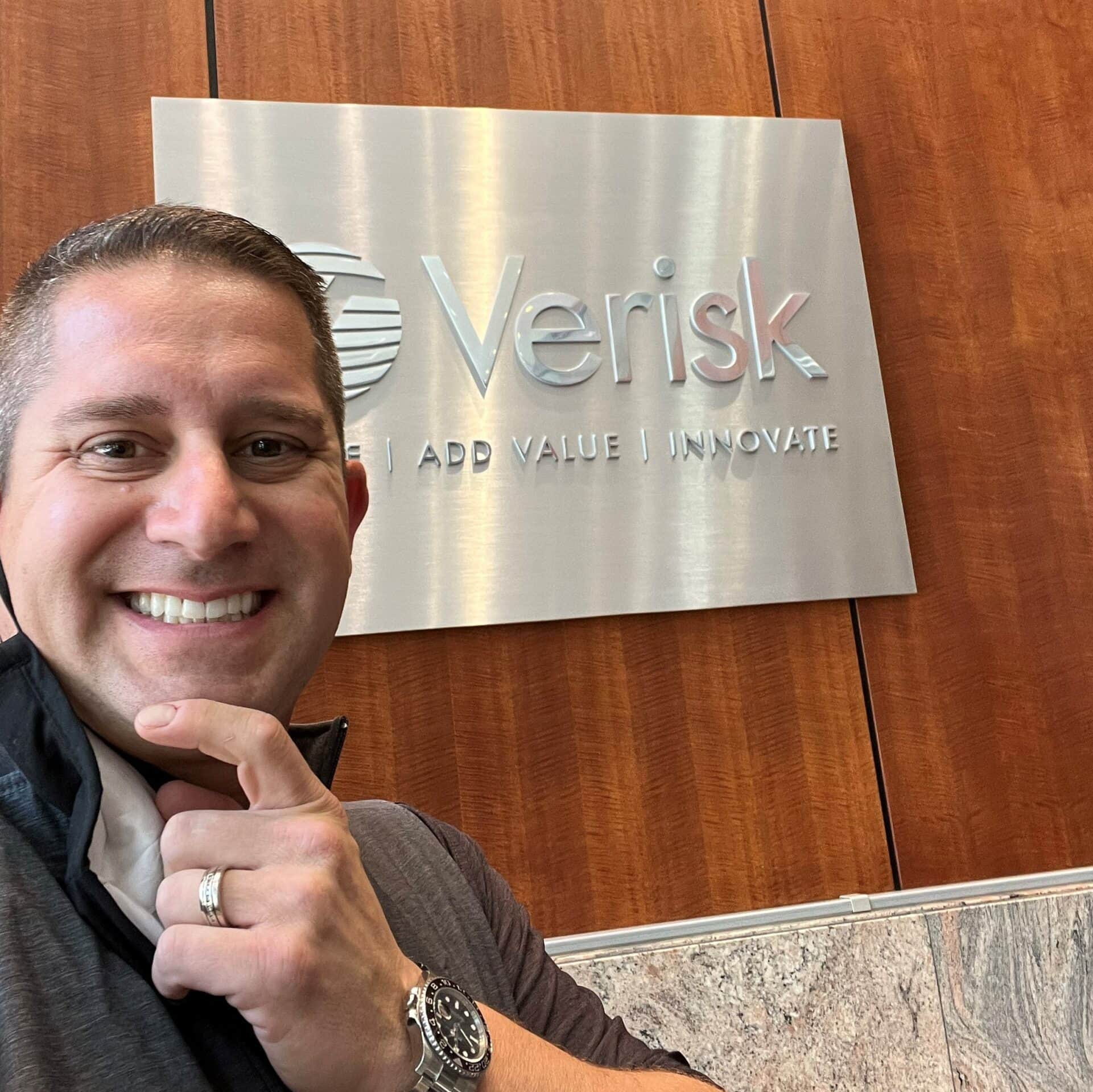You’re looking for some advice on selling your company. Why read an article by me on the topic? Because I was fortunate enough to sell my business, Infutor Data Solutions, not once but twice. The first was a leveraged buyout from Norwest Venture Partners in 2016; the second was an acquisition by Verisk in February 2022. Both sales were the most exhilarating events of my career, but that doesn’t mean the processes were always smooth. Each had its own complexities requiring me to be nimble, dynamic, and bold to get the deals done.
In this article I share some of the lessons that I think are applicable to most entrepreneurs trying to monetize their most important asset.
1. The CEO is solely responsible.
The most important lesson is that the CEO is the only person responsible for the success of the transaction. Before we went to market to sell the second time, I had an industry mentor and M&A mastermind tell me, “Gary, before you have the first meeting with a potential buyer, know this: you need to do whatever it takes to get your deal. Don’t hold back, and don’t stop until the wires hit the bank.”
I started at my company at a very early stage. My father was the founder and I joined as the sixth employee. I worked my way through the ranks and ultimately to CEO as the company entered a higher growth phase. I gave my all to build products, people, teams, and processes so we could scale. I was fortunate to have an excellent team so I could focus on strategy and alignment instead of day-to-day operational details. That created the bandwidth I needed to focus on the sale. My team made sure that the operations and organic growth continued to accelerate, so I could make sure we had buyers at the table and ultimately consummate a deal.
I was able to spend more time with prospective buyers, articulate our story in a very personal way, and be ready to answer any question without having to go to the leadership team for details. When we felt there might be some softening in the process, I took the responsibility to add fuel to the fire and push to close. I viewed everyone around me (board, bankers, advisors, leadership team, etc.) as influencers, but only I as CEO could get the deal done. This is your time to shine; own it and make it your personal mission.
2. Know your core business.
Buyers look for companies with a great foundation to build upon. When I sold my business the first time to Norwest, several potential buyers dropped away during the process. I didn’t realize until it was too late that I was not properly articulating the core value of the business. We spent too much time talking about the things we could do in the future and not enough about the core products that got us to where we were.
During the second sale, we focused on the scalability of the core platform and had a bulletproof model supported by historical performance data. The story was simple and easier to comprehend. After telling a great story about the core business, I was able to project more confidence about roadmap items and future investments. Historical performance data about our core business demonstrated our ability to grow and create value for shareholders.
3. Know your differentiation.
Buyers look for assets that are better than the competition or better than themselves. Too often we entrepreneurs are not able to quickly and succinctly articulate how and why we are different from our competition. I was trying to cite 15 to 20 small things that made us different and better, but this was too complex. To better refine our story, we hired an outside advisor to perform a full market study, as well as another firm to conduct a churn analysis on lost customers. We also created a customer advisory board to help better understand why we win and how our products should evolve to create more value. Using these three outside resources, we gathered valuable independent perspectives and were able to refine how the market views us and what set us apart from the competition.

4. Know your data.
I spent a lot of time with my CFO and CRO to make sure I knew every KPI inside and out. By knowing the data, I could answer questions quickly and with confidence. I was able to connect with each person on the buyer’s side, from the CEO, managing partner, partner, VPs to the analyst or intern. Every buyer left every meeting knowing we had a strong data-driven culture from the top down and bottom up.
5. Be open, honest, and a bit vulnerable.
Buyers are courting you while also trying to understand if you and your team are strong collaborative leaders who will be open, honest, adaptable, and ultimately good partners for the next several years. Likewise, you as a seller are trying to understand if you like, trust, and feel comfortable and confident with a buyer as your new partner.
The first time I sold my business I thought everything had to be perfect, showing no weakness and sweeping anything that was underperforming under the rug. By putting up a barrier, I was not able to create deeper relationships with buyers. During my second exit process, I was much more open about strengths, potential areas we needed to improve, and having a very thoughtful, confident view of how to address any underperforming area of the business.
I also had a list of 1) qualities I wanted from a buyer/new partner, and 2) operational and strategic action items I wanted a buyer/new partner to help me with. I also asked for feedback from buyers to understand their thought processes, values, and style of collaboration. By having a transparent conversation, I was able to project a supportable confidence in our core strengths and show that my team and I were willing to be good partners and do whatever it takes to win.
In summary: be bold, be confident, know your data, and be yourself. A sale is a difficult and time-consuming process, but it is also thrilling and rewarding. This is truly an inflection point in the success of your career and business. Remember to take a few minutes during the chaos to reflect on everything you built to bring you to this point.
About the author: As President and CEO of Infutor Data Solutions, Gary was a key driver of company growth. Under his leadership, Infutor built strong momentum from 2013 to 2020, earning a spot on the Inc. 5000 list of fastest-growing private companies in America, five consecutive Crain’s best places to work awards, and multiple Martech product breakout awards. That scale, growth, and profitability ultimately culminated in a sale to Verisk in February 2022.


